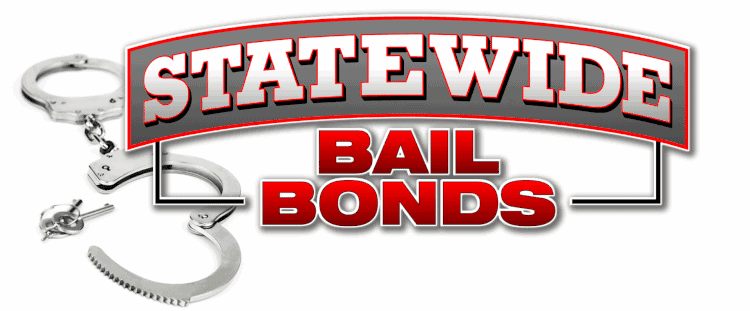Introduction
Understanding the intricacies of bail bonds can be overwhelming. In this comprehensive guide, we’ll break down unsecured bonds, explaining their details, benefits, and how they work to help you navigate the bail process with confidence.
What is an Unsecured Bond?
An unsecured bond, also known as Release on Recognizance (ROR) or a signature bond, allows a defendant to be released from custody without paying cash or providing collateral to the court or a bail bondsman. Instead, the defendant promises to appear for all court proceedings.
For an unsecured bond to be granted, the judge must trust that the defendant will honor their commitment to attend court dates. This type of bond is typically offered in cases where the defendant poses minimal risk of fleeing or committing further crimes while out on bail.
Connecticut’s Approach to Unsecured Bonds
In Connecticut, defendants may have the option of both secured and unsecured bonds. However, judges consider several factors before granting an unsecured bond, such as the nature of the crime and the defendant’s likelihood of appearing in court without financial incentive.
Secured Bonds vs. Unsecured Bonds
Understanding the differences between secured and unsecured bonds is crucial:
Collateral Requirements:
- Secured Bond: Requires the defendant to provide collateral (property, assets, or money) to secure their release.
- Unsecured Bond: No collateral is needed; the defendant is released based on their promise to appear in court.
Financial Responsibility:
- Secured Bond: Involves a non-refundable fee, usually a percentage of the bail amount, paid to the bail agent.
- Unsecured Bond: No financial obligations are required if the defendant complies with court appearances and conditions.
Risk Element:
- Secured Bond: The bail bondsman bears the financial risk, agreeing to pay the full bail amount if the defendant fails to appear in court.
- Unsecured Bond: There is no financial risk for the defendant as long as they meet court requirements.
How Unsecured Bonds Fit into the Bail Bond Process
Bail bonds are agreements between the court and bail bondsmen to cover the full bail amount if the defendant forfeits their court appearance. Typically, defendants pay a fee for these services. However, unsecured bonds offer an alternative for those who cannot afford traditional bail or bail bond services, allowing them to await trial while maintaining their daily lives.
Qualifying for an Unsecured Bond
Not everyone qualifies for an unsecured bond. Here are some key considerations judges take into account:
- Nature of the Crime: Minor crimes and misdemeanors are more likely to qualify for unsecured bonds. Serious felonies generally do not.
- Criminal History: Defendants with clean records are more likely to be granted unsecured bonds than those with criminal histories.
- Flight Risk: Judges assess the likelihood of the defendant failing to appear in court.
- Community Ties: Strong ties to the community, such as family or stable employment, increase the chances of being granted an unsecured bond.
Applying for an Unsecured Bond
The process for obtaining an unsecured bond is straightforward:
- Bail Hearing: The defendant appears in court where the judge decides on bail.
- Risk Evaluation: The judge evaluates risks associated with releasing the defendant on personal recognizance.
- Conditions of Release: If granted, the defendant must adhere to conditions such as attending all court appearances and following any imposed restrictions.
- Compliance and Monitoring: The defendant must comply with the release conditions, potentially under pretrial services monitoring.
Benefits of Unsecured Bonds
Unsecured bonds offer significant advantages:
- Release on Bail: Defendants can continue their daily lives while awaiting trial.
- Financial Accessibility: No upfront payment is required, making bail accessible to those without financial means.
Shortcomings of Unsecured Bonds
There are some limitations to unsecured bonds:
- Eligibility: Many defendants do not qualify due to stringent eligibility criteria.
- Consequences of Violation: Violating the terms can result in arrest and financial penalties. The court may convert the unsecured bond to a secured bond if conditions are breached.
Final Thoughts
Navigating the bail bond process can be complex, but understanding unsecured bonds is a crucial step toward securing release on personal recognizance. Unsecured bonds offer a unique option for those unable to afford traditional bail, though they are less common and subject to strict judicial scrutiny.
At Statewide Bail Bonds, we believe in providing every individual with access to various bail options. If you need guidance through the bail bond process, our licensed agents are here to help. Contact us to learn more about your bail options and ensure a smooth journey through the bail process.
